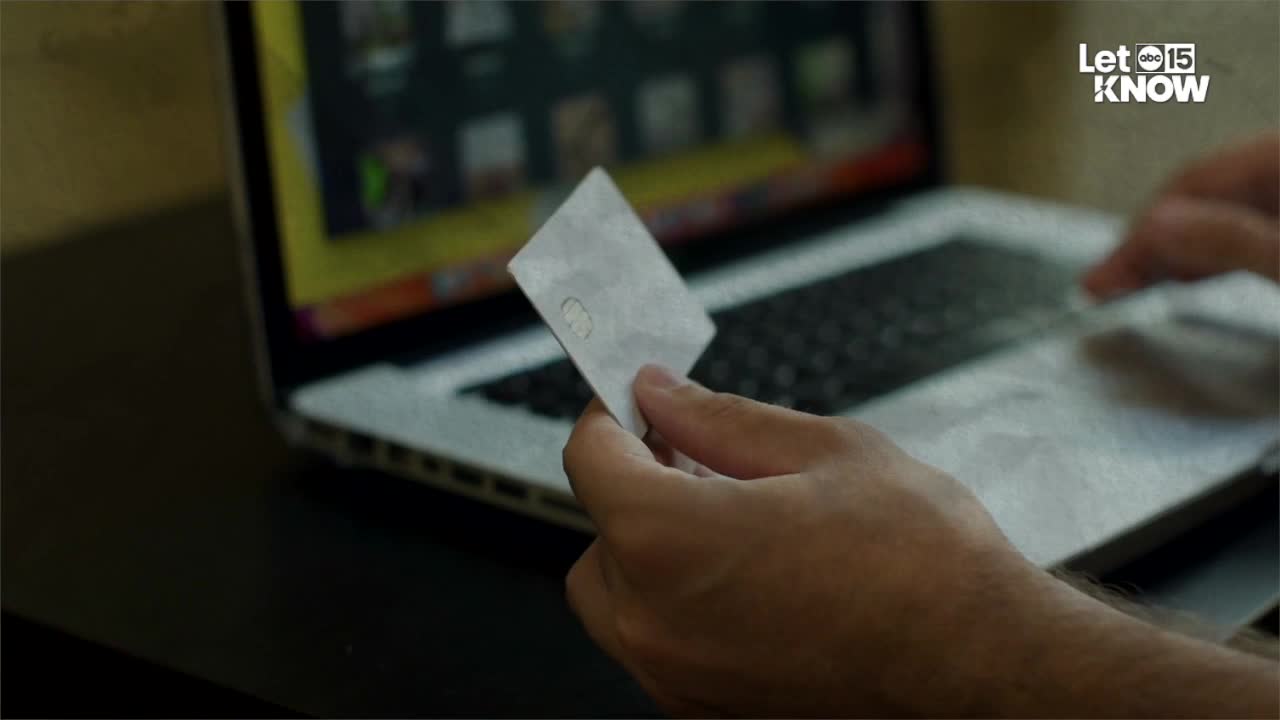From vacations and music festivals to everyday necessities like groceries and gas, "Buy Now, Pay Later" options like Klarna, Afterpay, and Affirm are being used by people to pay for anything and everything.
While these services can offer convenience, consumer advocates warn users should proceed with caution.
"It can be a good thing for some people, but there are a lot of landmines that people need to avoid," said Theresa Murray with the consumer watchdog group PIRG, which advocates for better protections for consumers.
Murray said the biggest thing for people to know about 'Buy Now, Pay Later' services and their credit is that not all companies report to all of the credit bureaus.
"Affirm is one of the bigger ‘Buy Now, Pay Later’ companies. They apparently are not reporting to Equifax," Murray said.
She explained this could create problems when applying for other forms of credit.
"Say you're getting a credit card or a car loan, then maybe that bank is only going to check the Equifax report, and there may not be any data on the report about your perfect record of repaying your buy now, pay later," Murray said.
Earlier this year, the three big credit bureaus Experian, Equifax and TransUnion announced they would start including ‘Buy Now, Pay Later’ loans when calculating credit scores.
"FICO has recognized that this is part of our marketplace right now, and it's not just people who buy, you know, big, fancy cars and houses. It's people who are able to manage their credit with the buy now, pay later," Murray added.
But for now, Affirm is the only ‘Buy Now, Pay Later’ provider reporting data to the credit bureaus. Klarna and Afterpay just announced they won't follow suit until there's more certainty over how this will impact people's credit scores.
Statement from Klarna: "Klarna supports credit reporting when it benefits consumers. That’s why we report our term loans to TransUnion in the U.S., making it visible to consumers but excluded from credit scores, and already share BNPL data in the UK where they have an updated system. However, because the U.S. credit reporting framework doesn’t yet adequately reflect how short-term BNPL products like Pay in 4 are used by consumers, we’ve chosen not to report BNPL data in the U.S. at this time."
Part of a statement from Afterpay: “The traditional credit system was built around outdated products and assumptions. It struggles to adapt to new forms of financial behavior – even when those behaviors reflect strong financial health… Careful consideration of credit reporting is crucial, as finding a way to positively impact the scores of BNPL customers who are responsibly using the product could greatly improve access to the financial system for millions. While credit reporting might seem like a quick fix, we believe responsible innovation requires a more nuanced approach and deserves careful study before implementation.”
No matter what, Murray says people should use caution with every 'Buy Now, Pay Later' purchase.
"If you use a credit card, you have so many more protections as a consumer," Murray explained.
She went on to say that credit cards offer more rights when it comes to billing errors, disputes over undelivered merchandise, and defective products.
"The credit card companies have to be much more accountable than these buy now, pay later outfits, and again, that doesn't mean that they're bad. It just means that people need to be careful," Murray added.
If you're worried about how ‘Buy Now, Pay Later’ programs are impacting your credit, you can look up your credit report for free, every single week of the year, on annualcreditreport.com.
Do you have a consumer issue that you need help with? Let ABC15 Know! Email Consumer@ABC15.com.







